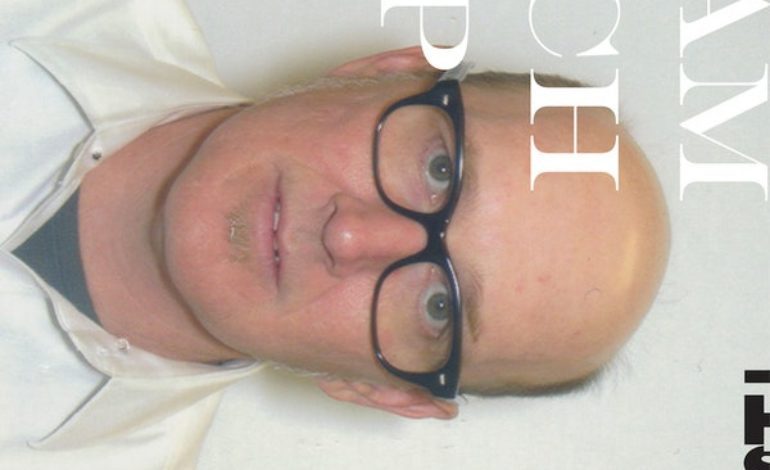

Genre-defying Nashville group continues to experiment electronically while still drawing life from its musical roots
Commonly dubbed “arguably the most consistently brilliant and unique American group to emerge during the 1990s,” Lambchop holds a very important and unique place in music history. Never quite fitting into one genre or another, they have defied and pushed musical boundaries from their formation in 1993. At the release of their first album in 1994, I Hope You’re Sitting Down, Lambchop could be categorized as a country band—a strange and different country band, but a country band nonetheless. Since then, with a deep catalog of EP’s, full-length studio albums and live albums, Lambchop has felt the freedom to diverge even further from their Nashville roots.
In their newest album, This (Is What I Wanted to Tell You), Lambchop continues to branch out musically from roots that were firmly planted in guitar riffs and even country music. While staying true to the light vocals that have always been a part of Lambchop’s music, frontman Kurt Wagner trades in his guitar for a vocoder. Through this vocoder’s voice-modulations, Wagner is able to give lyrics themselves a place in melody.
Each lyric seems to have its own very special place in his songs, almost as if the song were a pointillist painting. Each note/lyric sung through this vocoder seems to stand on its own, yet when examined from a broader view and the entire melody is heard, it begins to form a beautiful picture. Wagner puts notes together that don’t necessarily sound like they belong, yet find a way of streaming together to create sounds that are equally interesting, different and pleasing to the ear. For example, the first track on the record, “The New Isn’t So You Anymore,” is an airy, whimsical nostalgia about the benefits of living life like “stupid children.” Light drum kit, piano riffs and an upright bass dominate the track, showcasing the band’s experimental side. Yet, the experimental is hit with a wave of the band’s country origins in the form of a harmonica solo backed by a funk guitar. The instrumentation along with the attention to lyrics bring Lambchop home to their roots.
“Crosswords, or What This Says About You,” the album’s second song, follows in the footsteps of the first track, but the band’s musical diversity leads it to turn a corner with the third song, “Everything For You.” Contrasting the softer, introspective mood of the first two tracks, “Everything For You” opens with a choppy, House-like beat mixed with a heavy bassline. It combines the lightness and trance-like vocals that are seen throughout the album with this harsher drum kit, intensifying the already expansive shadow that their music casts.
Much of their genius gets hidden behind the muddled distortion that is a contemporary Lambchop album; an example of this being their title song, “This Is What I Wanted to Tell You.” The song follows the same blueprint as most of the album, with a stark difference: there is no vocal distortion. It’s almost as if Wagner wanted his lyrical proficiency to transcend the machinery. In this song, Lambchop takes the classic love song and gives it the Kurt Wagner treatment full of his typical alterations and subtleties. The singer laments a lost lover—“Baby, please come back”—yet throughout the whole song, neither the girl nor the break-up itself is ever described. What is depicted is the general atmosphere “on a day not unlike today.” This gives the song more of a feeling and less of a story, which blends perfectly with the ambiance-inspired music.
In This (Is What I Wanted to Tell You), Lambchop has offered a record that continues to expand the boundaries of their approach to communicating traditional musical modes in new and interesting ways. Because of the electronics, distortion and avant-garde style of production, the true essence of Lambchop can be lost by the casual listener. But with its convoluted lyrics and unique instrumentation, the experimentalism finds a harmony with the group’s roots.
